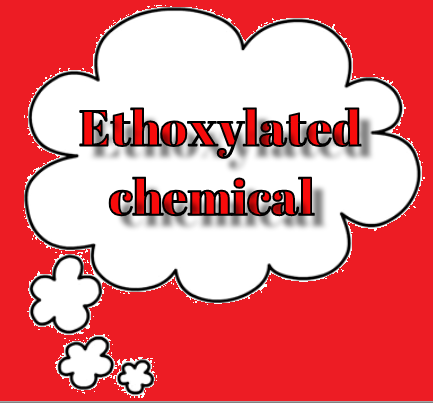Ethoxylated chemical compound
PEG, MEA, TEA, DEA are chemical acronyms that have in common the creation of ingredients through a chemical reaction called ethoxylation. The term 'eth' refers to the ethoxylation reaction with ethylene oxide after which residues of ethylene oxide and 1,4-dioxane, chemical compounds considered carcinogenic, may remain. The degree of sa... (Read the full Tiiip)
0 pts from Al222
| Evaluate | Where is this found? |
| "Descrizione" about Ethoxylated chemical compound by Al222 (20686 pt) | 2023-Sep-28 22:06 |
PEG, MEA, TEA, DEA are chemical acronyms that have in common the creation of ingredients through a chemical reaction called ethoxylation. The term 'eth' refers to the ethoxylation reactio ...
| Read the full Tiiip | (Send your comment) |
Read other Tiiips about this object in __Italiano (1)
Last update: 2023-01-25 19:18:06 |


